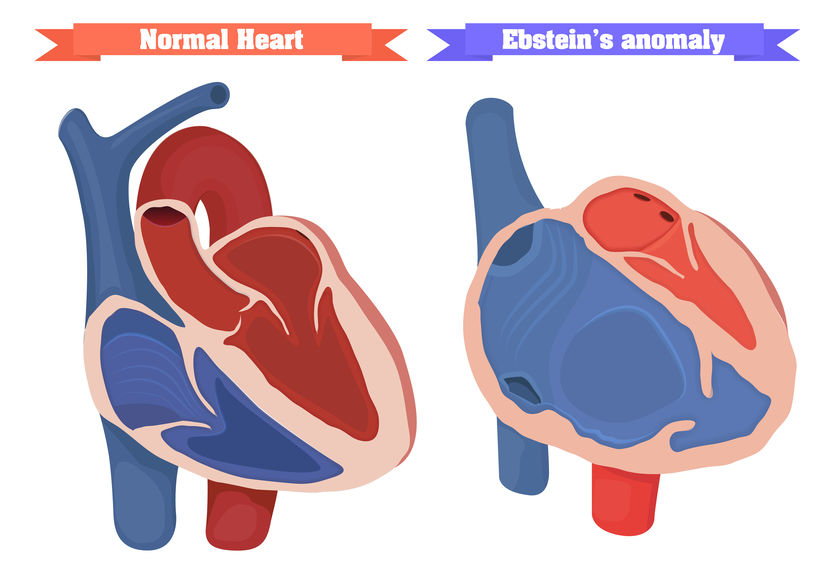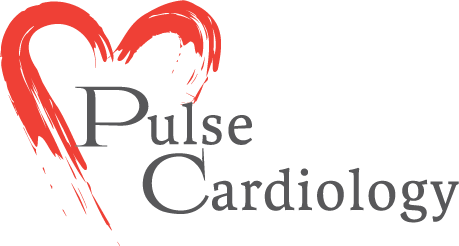Congenital Heart Disease, Symptoms, and Treatment
What is Congenital Heart Disease?
The heart is significantly one of the most important organs in the human body. The core of the circulatory system, the organ lies at the center of being alive and healthy. With many things happening in our daily lives and affecting our lifestyles, the dangers to our hearts are ever-increasing. Hearts can be affected by problems that are caused by birth, through medications, diet, and diseases. The ones which are present right from birth can be classified under the category of Congenital Heart Disease.
It is important to be careful about a lot of things that can harm the heart. Heart disease is not a matter to be taken lightly, and proper precautions, care, and medication need to be followed in accordance with the consultation done by the doctor.
Heart diseases can be acquired, or they can be present in someone right from birth. The first step to solving or treating any disease is to understand what it is. So, what causes this congenital disease of the heart? A congenital heart defect is any kind of heart abnormality that is present at birth. This problem can affect the heart walls, valves, and blood vessels.

Major Types of Congenital Heart Disease
Let’s take a deeper look at that. These can be categorized into three major types –
- In types that are caused due to defects in the heart valves, due to the improper functioning of the valves, they may close up or leak, causing irregular blood flow to and from the heart
- When it comes to defects in the heart walls, the flesh walls that exist on the right and left side of the heart may develop improperly. This causes blood to either accumulate or back up from areas abnormally. This can cause undue strain on the heart which can result in high blood pressure
- With defects in the blood vessels, the ones leading to and from the heart may not be strong enough and cause improper blood flow, thereby causing further health complications
Coming to the symptoms of congenital heart disease, they can be detected early on during pregnancy, if the doctor manages to hear an abnormal heartbeat of the unborn infant. If the doctor deduces through further tests that such a problem exists, one may contact the required specialists to aid during the delivery procedure.
Click here if you want to learn more about the different types of Congenital Heart Disease
Congenital Heart Disease Symptoms
Symptoms for newborns might include the following –
- Low birth weight
- Breathlessness or trouble breathing
- Chest pain
- Bluish lips, skin, fingers, and toes
- Feeding difficulties
- Delayed growth
In the cases of other people, symptoms might take quite a few years to show up –
- Trouble breathing
- Abnormal heart rhythms
- Swelling
- Fainting
- Dizziness
- Fatigue
Congenital Heart Disease Treatment
Congenital Heart Disease treatment is done through many methods, that primarily include –
- Medications – They can help in preventing blood clots in weak vessels and can stabilize irregular heartbeat
- Implantable heart devices – These can help the heart maintain a regular heartbeat and even correct life-threatening irregular heartbeats
- Catheter procedures – Used primarily to treat small areas without a full-blown surgery
- Open-heart surgery – Just as it sounds. This is an extensive procedure that aims at solving major defects in the heart through surgery
- Heart transplant – Probably the last mile option when the defects in the heart are too extreme to fix by surgery or medication
Some of the congenital heart problems can cause simple conditions that pose no threat, while there are others that can be potentially life-threatening.
If you would like to schedule an appointment with one of our highly qualified cardiologists, please contact us.
